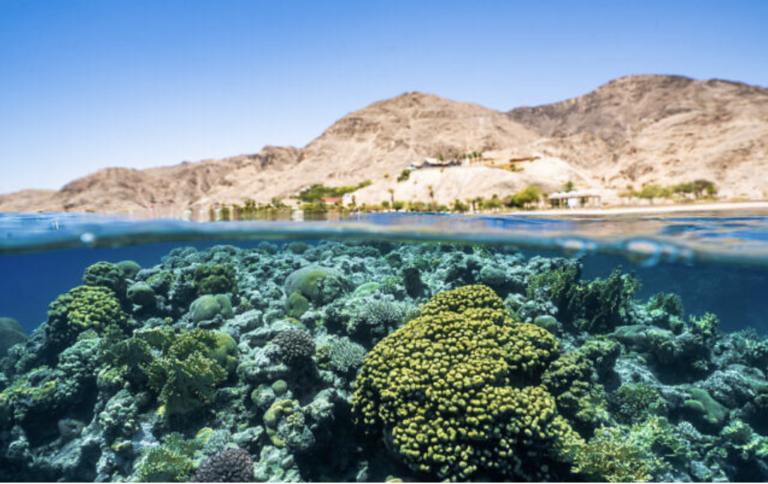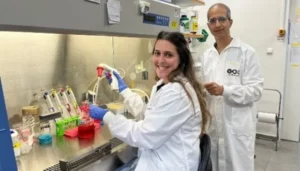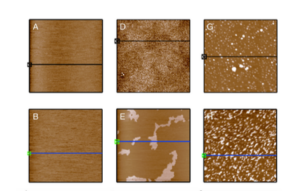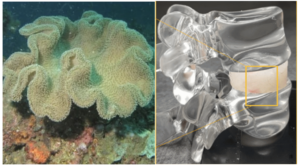CNES, réunion du CPS : innovation, climat, exploration avec la Chine, Israël, les Etats-Unis…

[:fr]Le Comité des Programmes Scientifiques (CPS) du CNES s’est réuni au Siège du CNES, mercredi 31 mai 2017. Le CPS apporte au Conseil d’administration du CNES son expertise sur les sujets relatifs à la recherche scientifique spatiale et propose les priorités scientifiques des programmes du CNES.
En ouverture, la Direction du CNES a rappelé la dimension internationale de ses programmes scientifiques, en évoquant les récentes coopérations portant sur l’étude de l’océan (mission HY-2 et CFOSAT) avec la Chine, l’exploration des lunes de Mars (mission MMX) avec le Japon, la mesure des sources et des puits de carbone (projet MicroCarb) avec le Royaume-Uni, le suivi du développement de la végétation terrestre (mission Venµs) avec Israël et l’exploration de Mars (les instruments ChemCam et SAM sur Curiosity, la mission InSight et l’instrument SuperCam pour Mars 2020), l’océanographie et l’altimétrie (les satellites Jason-1, Jason-2 et Jason-3 et la préparation de la mission SWOT) avec les Etats-Unis. Les trois objectifs prioritaires du CNES, l’exploration pour comprendre l’Univers, le climat pour protéger la planète et l’innovation pour servir nos concitoyens, sont ainsi au centre de ces coopérations internationales.
Un point a aussi été fait sur les grands événements du moment pour le CNES : le prochain retour de Thomas Pesquet, vendredi 2 juin, après une mission Proxima de plus de six mois couronnée de succès et la préparation du Salon International de l’Aéronautique et de l’Espace, qui se tiendra au Bourget du 19 au 25 juin. Le CNES y présentera son activité et ses perspectives dans un pavillon ouvert à tous.
L’organisation le 6 octobre, d’un point d’étape pour préparer le prochain séminaire de prospective scientifique de 2019 a aussi été discutée. Ce sera l’occasion de présenter les avancées programmatiques comme scientifiques depuis le séminaire de prospective de 2014, mais aussi de voir comment intégrer dans la réflexion sur les futurs projets scientifiques, les évolutions récentes du secteur spatial telles que les lanceurs et les satellites du futur.
Les nanosatellites sont en effet désormais des vecteurs performants de science. Leur développement engendre l’ouverture d’un nouveau marché sur lequel le CNES est positionné comme le rappelle le développement du démonstrateur Angels. L’écosystème national se structure et il a été rappelé le besoin de fédérer les actions en proposant un plan cohérent sur la miniaturisation des technologies, l’encouragement aux initiatives entrepreneuriales partout où des données opérationnelles pérennes sont utiles ainsi que des missions scientifiques.
Enfin, la feuille de route pour l’exploration de Mars et les programmes liés à l’observation de la Terre et aux sciences sont aussi des sujets sur lesquels les membres du CPS ont échangé.[:en]A meeting of CNES’s Science Programmes Committee (CPS) was held at CNES headquarters in Paris on Wednesday, 31 May 2017. The CPS advises the CNES Board of Directors on matters relating to space science research and helps it to shape the agency’s science priorities.
Kicking off the meeting, CNES management reiterated the international dimension of the agency’s science programmes, pointing to its recent collaborations in ocean research (HY-2 and CFOSAT) with China, Mars moons exploration (MMX mission) with Japan, measurement of carbon sources and carbon sinks (MicroCarb project) with the United Kingdom, land vegetation monitoring (Venμs mission) with Israel, Mars exploration (ChemCam and SAM instruments on Curiosity, InSight mission and SuperCam instrument for Mars 2020) and oceanography and altimetry (Jason-1, 2 and 3 satellites and preparation for the SWOT mission) with the United States. CNES’s international collaboration is centred on its three priority objectives: exploration to understand the Universe, climate to protect the planet and innovation to serve its citizens.
Two key events in CNES’s calendar for the weeks ahead were discussed: Thomas Pesquet’s return on Friday 2 June from his successful six-month Proxima mission and preparation for the Paris Air Show, which takes place from 19 to 25 June. The CNES pavilion at the show will present the agency’s activities and perspectives and will be open to all.
It was agreed that a briefing will be held on 6 October to prepare for the next CNES Space Science Seminar in 2019. This will be a chance to review the status of programmes and scientific advances since the last Space Science Seminar in 2014, as well as discuss ways to ensure that thinking on future space projects reflects recent developments in the space sector, particularly in launchers and satellites.
Nanosatellites are a highly effective tool for the science community. Their development is opening up a new market, and CNES is positioned in this market, as seen with the Angels demonstrator. As France’s national ecosystem continues to take shape, the CPS meeting was a chance to reiterate the need to federate actions by proposing a cohesive plan on science missions, technology miniaturization and ways to encourage entrepreneurial initiatives, wherever long-term operational data is useful.
Lastly, Earth observation and science programmes and the roadmap for Mars exploration were discussed by the members of the Science Programmes Committee.[:]







